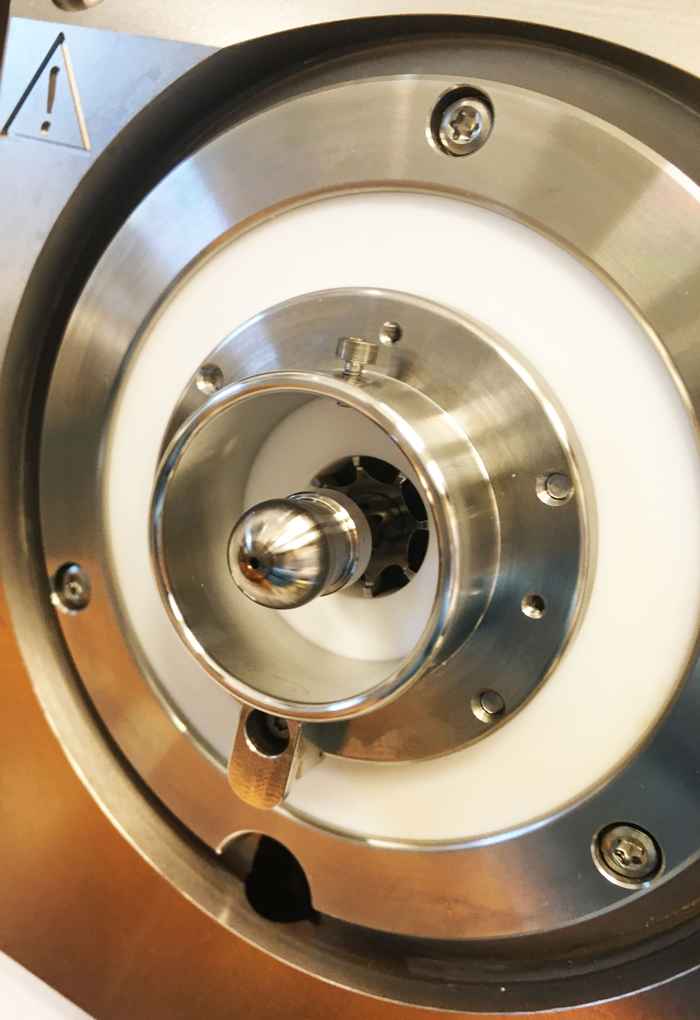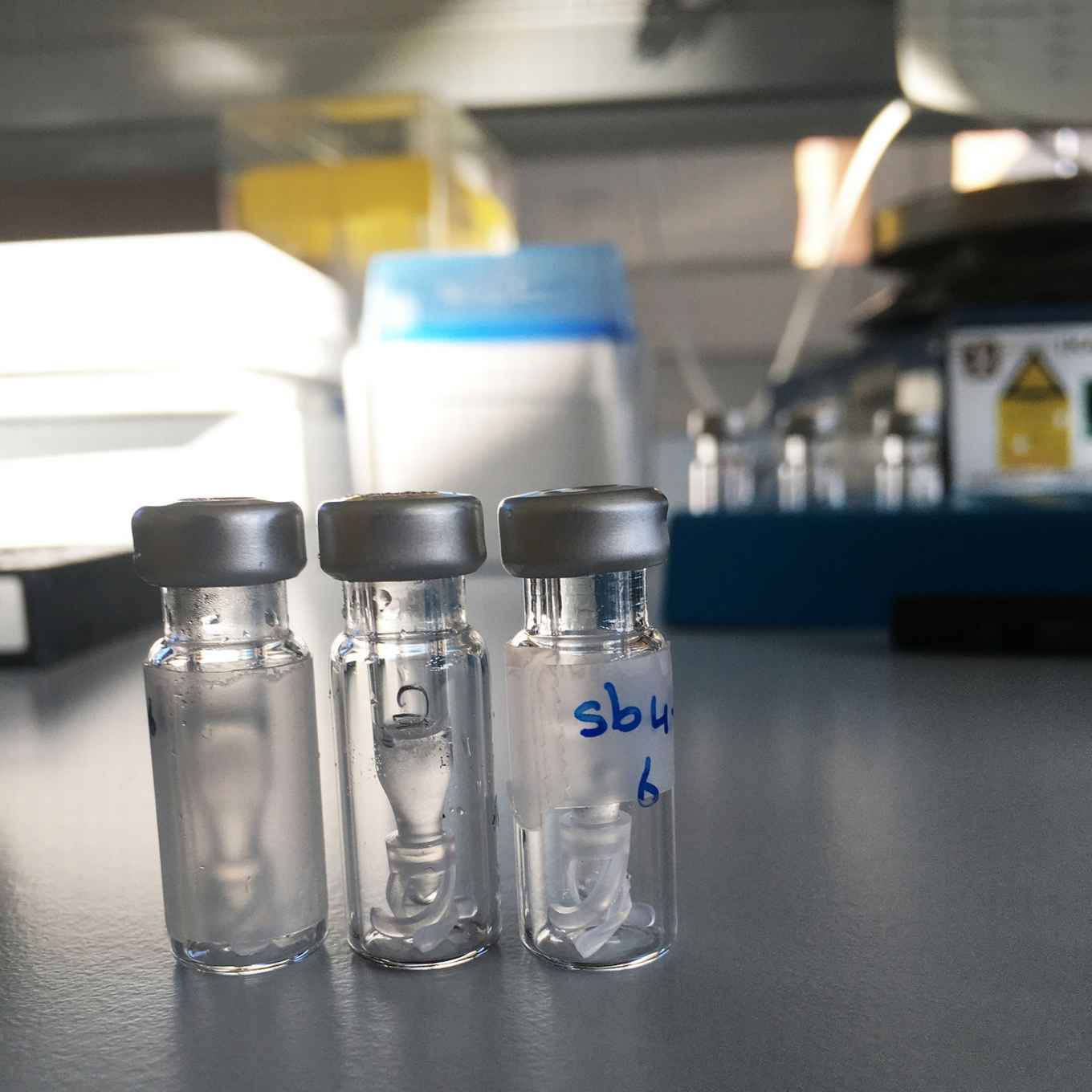Mass Spectrometry of Biomolecules
Group leader dr. Gertjan Kramer
Within the life sciences progress depends on the integration of chemistry, physics, mathematics, informatics and biology to answer ever more complex research questions at the systems level. The Mass Spectrometry of Biomolecules group combines mass spectrometry with biomolecular and organic chemistry to support and advance research themes that are carried out in close collaboration with other groups within the Swammerdam Institute for Life Sciences.

